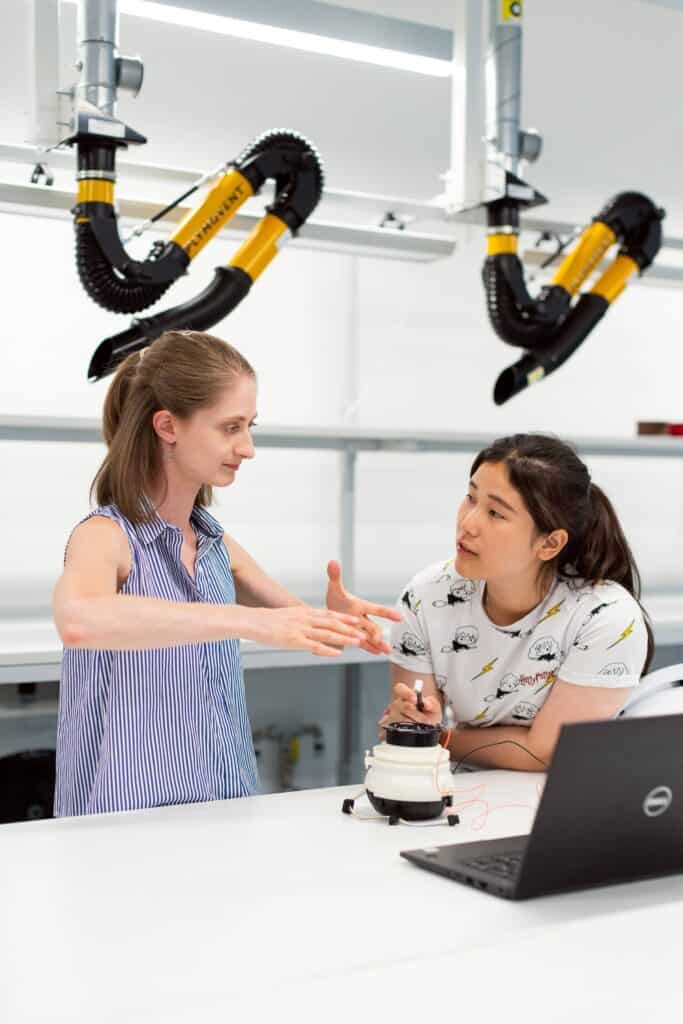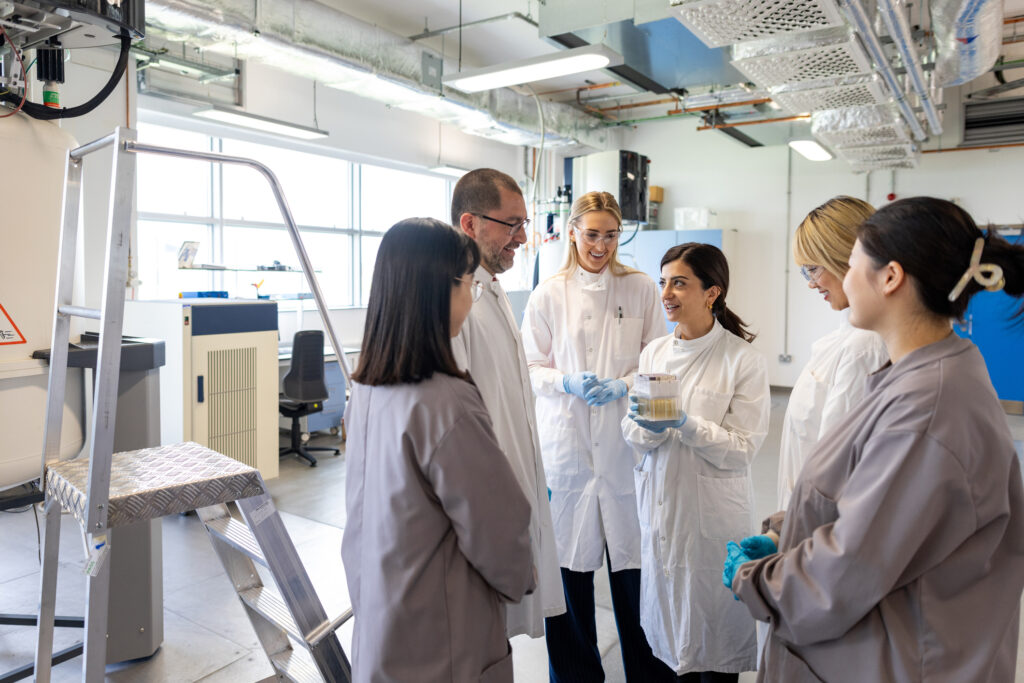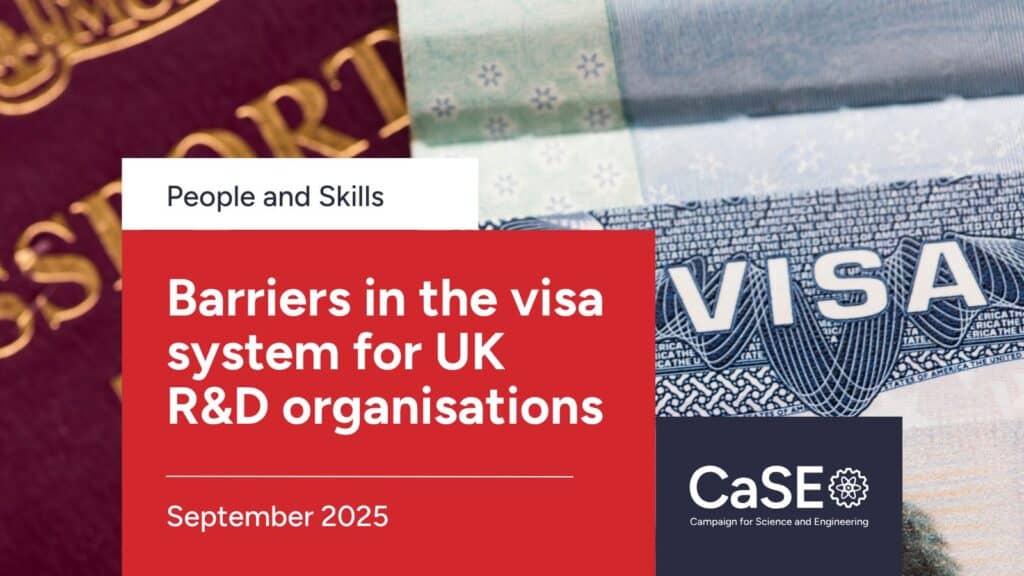CaSE has published a joint letter to the Home Secretary with the BioIndustry Association and TechUK, cautioning over an expansion of the non-EEA migration system.
CaSE joint letter to the Home Secretary sets out vision for a future migration system
17 Sep 2018
The letter raises concerns over proposed Home Office plans to expand the current non-EEA migration system to encompass all migration. CaSE has heard directly from businesses that a single system would pose significant problems, particularly small, high growth innovative businesses, by incurring increased costs, complexity and time burden, for individuals, employers and UK systems. Instead, the letter urges the Home Secretary to create a streamlined system that supports research and innovation by encompassing the full suite of people and purposes that underpin successful research, innovation and entrepreneurial activity.
Dear Home Secretary,
The Government has set a bold vision for the UK to be a leader in science, innovation and research for the next generation, backing it with an ambitious target to increase investment in research and development across the economy by a half over the next ten years. The Prime Minister has called for the UK to be ‘a global centre for scientific discovery and creativity’ and a ‘magnet’ for the world’s innovators and entrepreneurs.
Growing the talent pipeline such that it can generate and sustain a newly-elevated level of research intensity in the UK will be a challenge that, if met, will reap rewards for the UK across the economy for generations. This endeavour will require both domestic and international strategies: that widen and increase the UK’s ‘home-grown’ skills, and that facilitate the attraction and retention of talented people from abroad. No matter how strong the UK’s domestic skills base becomes, to be a magnet for world-class research, innovation and entrepreneurship will require the UK to support the inward and outward flow of ideas and people.
With Parliamentary business turning to consideration of migration this autumn, we would like to draw your attention to the importance of migration policy in supporting the Government’s ambitious plans on growing research and innovation intensity. We recognise the considerable challenge of creating a streamlined and coherent post-Brexit migration system.
We have heard directly from businesses that a single system with the level of administrative and financial requirements of the current non-EEA system would pose significant problems. It would incur increased costs, complexity and time burden, for individuals, employers and UK systems. It may particularly impact on the small, high growth innovative businesses the Government is seeking to support because they typically do not engage with the non-EEA visa system at present for these reasons.
Instead, we urge you to create a streamlined system that supports research and innovation by encompassing the full suite of people and purposes that underpin successful research, innovation and entrepreneurial activity. Further, we encourage you to take this opportunity to embrace the UK’s technological and design expertise to create a high-tech, forward-looking migration system that leads the world in user-friendly design and security technologies.
We appreciate the complexity of the challenge faced by your department and would be pleased to meet with you to explore in more depth the solutions that would support a knowledge economy in the UK for a generation to come.
Yours sincerely,
Dr Sarah Main
Executive Director
CaSE
Steve Bates
Chief Executive
BioIndustry Association
Julian David
Chief Executive
techUK
To coincide with the letter to the Home Secretary, CaSE has today published new FOI data on Tier 2 visa refusals.
Earlier this year CaSE published a new policy briefing setting out what science and engineering needs from the immigration system and making a series of recommendations for government action in the short term, the Brexit negotiations and beyond.
Return to comment
Related resources

CaSE’s look at the UK Government’s plans for Further and Higher Education in England in the post-16 Education and Skills white paper.

Recent work by CaSE shows how supportive voices can talk about immigration for the UK R&D sector in a way that resonates with the public.

In this briefing CaSE has collated insights from 15 research organisations demonstrating the barriers they face in the UK visa system.

CaSE has taken a look at what the latest numbers of students taking A-levels, GCSEs, Scottish Highers and Advanced Highers in STEM-related subjects means for ongoing trends in STEM education.